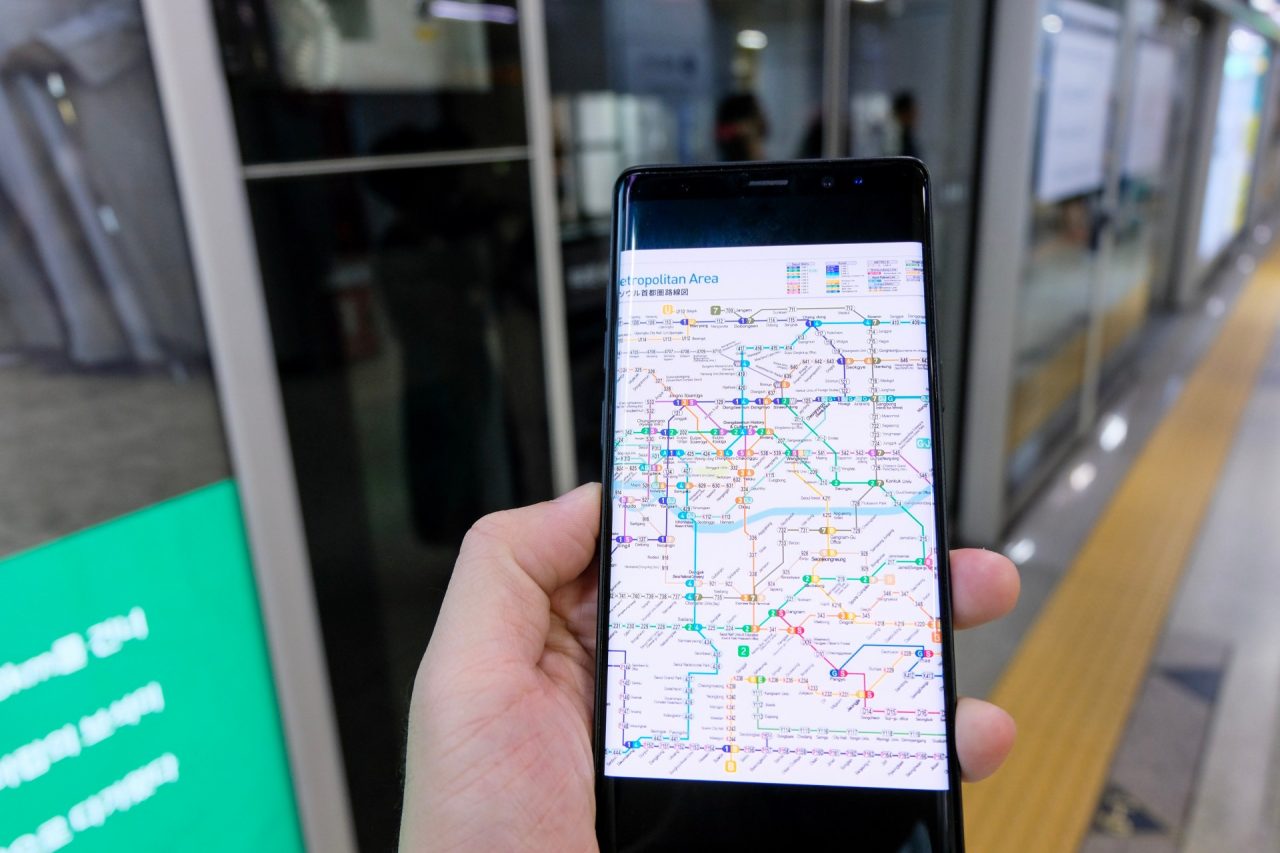When Sadiq Khan was elected Mayor of London in 2016, one of his first projects was to renew the vision of transforming London into a smart city, investing on the one hand in new technologies and on the other in sustainable infrastructure such as Crossrail, a massive new underground rail project that will start partial service in 2021.
To accelerate this transformation, Khan set up the Smart London Board, a think tank bringing together experts across disciplines from industry to universities tasked with developing innovative projects under London’s Vision 2020 programme.
Today London has been named the world’s leading smart city, according to “Top 50 Smart City Governments,” a ranking of 50 smart cities drawn up by the Eden Strategy Institute, the consulting firm specializing in helping clients develop smart city plans. London leads the way, followed in the top 10 by Singapore, Seoul, New York City, Helsinki, Montreal, Boston, Melbourne, Barcelona and Shanghai.
Their stories show how city governments of large metropolitan areas can transform themselves by investing in modern and sustainable infrastructures, both immaterial and material.
What is a smart city: definition and features
More than half the world’s population lives in urban centres, and this number will climb to two-thirds of the world’s population by 2050.
This demographic concentration is naturally accompanied by an increase in the economic weight of cities, which today contribute to the production of four-fifths of world GDP.
Development of urban areas is therefore strategic and, above all, decisive for world economic growth in the coming years.
Governments of smart cities are meeting on several challenges head on. They are trying to make urban areas more livable; put technology at the service of people to improve their lives; and invest in sustainable mobility systems that reduce pollution while increasing the quality of transport services.
How the ranking works
The world’s top 50 smart cities were selected from 140 around the globe, based on a list of ten criteria ranging from vision to allocated funds, from the presence of innovative ecosystems to digital data management. Copenhagen, for example, has a clear vision, supported by the government: to become the world’s first carbon neutral capital. To do this, the state as well as the municipality have launched a series of innovative and smart projects such as the construction of Cityringen (built by the Webuild Group). This light metro line runs in a ring-shaped route around the city centre, reducing traffic and pollution.
Toronto is another example. It has created a think tank for large groups such as IBM along with startup incubators, and asked them to develop a list of projects aimed at developing the city in a smart way, to be implemented in the short and medium term.

Examples of smart cities in the world
From London to Singapore to Amsterdam, the most innovative smart cities have set up special offices in their municipal administrations or directly within government bodies. In Singapore, for example, the city’s smart transformation is managed by the Smart Nation and Digital Government Office with a budget of $1.7 billion to be spent over the next four years complementing existing programmes. It reports directly to the Prime Minister.
London, on the other hand, has a Chief Technology Digital Innovation Officer who coordinates all the city’s programmes. Something similar has been done in Barcelona, which has a Chief Technology Officer sitting on its City Council.
The success of smart cities: state and federal funds
A successful smart city needs not only legislative support from governments, but also their financial support. Of the world’s top 50 smart cities, 37% has a direct channel to national and state-level funds. In Norway, for example, the Innovation Norway initiative provides funding ranging from $6,000 to $90,000 for startups working on the testing, design and marketing of products and technologies designed specifically for the development of smart cities.
The Swedish national innovation agency Vinnova allocates resources for smart city projects, as does Innovation Fund Denmark’s Grand Solutions.
These examples demonstrate the importance of a mayor’s role in negotiating with national governments and government agencies to obtain funds and coordinate the implementation of development projects.
The private sector gets involved
Although some of the world’s most innovative smart cities receive state support, their development also depends heavily their ability to attract a variety of private investors.
In fact, 23% of the top 50 smart cities are supported by private organizations, acting independently or in partnership with governments. On top of Montreal’s
$75 million support for smart city startups, venture capital firms offer funding to local smart city start-ups, the report said. In Toronto, Sidewalk Labs – affiliated with Google – is co funding a $50 million for a pilot project in partnership with the city. In the U.S., on the other hand, of the $20 million spent in Kansas City on the development of smart projects, only $3.8 million comes from the municipal budget. The rest is from private investors.
Betting on competition to attract talent and ideas
To become a smart city, investment alone is not enough. It takes human resources and, above all, talent. It is no coincidence then that many of the most modern smart cities in the world promote competition and offer prizes to the most innovative companies for the best city development projects.
Reykjavik, for example, held a City-Hack competition in 2018 to award a $9,500 prize to those who propose more effective ideas to improve city life. The city of Melbourne, Australia, promotes innovation competitions to provide prizes of over $30,000 through private company sponsorship. The same happens in Dublin, Ireland, which holds a Small Business Innovation Research Competition each year, which distributes a total of $230,000 to its 16 winners.
This search for talent is something that smart cities across the world all have in common, because all smart projects – even the most complex ones – are mostly born from ambitious ideas and projects.

